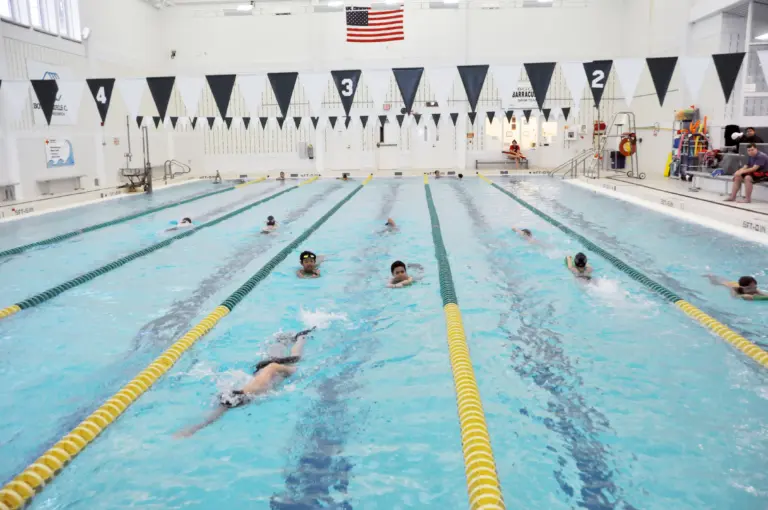This editorial is a little bit about politics, a little bit about political parties, but, mostly, it is about voting. Former Speaker of the House Tip O’Neill famously said, “all politics is local” and we had a front row seat to witnessing that very concept this week.
This week, the Democratic and the Republican town committees each held their caucuses where they elect their membership for the next two years. These two committees play an enormous role in determining who will be their party’s candidates in November and next year. If you voted in the caucuses you have participated in the earliest, more tentative, and perhaps one of the more important steps of democracy. You are letting your voice be heard. These events, though less grandiose than national elections, are fundamental to our democracy and the running of our town; they are where the voices of individuals shape the political landscape for the years to come.
These leaders will determine their party’s candidates for upcoming elections, influencing not just local but also national politics. It is a reminder that the power to influence change is not solely in the hands of those we elect, but also in the hands of those who elect them.
Former President Abraham Lincoln’s witty observation that “Elections belong to the people. It’s their decision. If they decide to turn their back on the fire and burn their behinds, then they will just have to sit on their blisters,” is as relevant today as it was in his time. The message is clear: if we choose not to participate, we forfeit our right to complain about the outcomes. Inaction leads to consequences that we must live with, often in the form of policies and leaders that do not reflect our community’s needs or values.
The significance of local elections cannot be overstated; they directly impact our daily lives, shaping everything from our schools to our roads, from public safety to the health services we receive. These are the issues that touch us most closely, and, yet local elections often see a dismally low voter turnout. This apathy undermines the very foundations of our democratic system.
Our democracy and town both thrive on participation. Each vote cast in a local election is a statement, a declaration that we care about our community and its future. It’s a message to our leaders that we are watching, we are involved, and we hold them accountable; and a message to our children that their involvement in their community is absolutely integral. The act of voting is a powerful tool in shaping the type of community we want to live in.
Moreover, local elections are often the proving grounds for future state and national leaders. Today’s town committee member could be tomorrow’s governor or senator. By voting in local elections, we have a say in nurturing the kind of leadership we want to see at higher levels of government.
The act of voting is also an act of unity. It brings together people from all walks of life, each with their own hopes and concerns for their community. In a time where division seems to be the norm, the voting booth stands as a place of equality and shared purpose. It’s a reminder that, despite our differences, we all have a stake in the well-being of our community.
While the caucuses may be over, their importance cannot be overstated. It is the foundation upon which our democratic system is built. It is a direct line to the issues that affect us most intimately. As citizens, it is our duty and privilege to participate in all elections. Let us not turn our backs on the fire, but rather embrace the power of our vote to shape a community that reflects our values and aspirations. Let us be active participants in our democracy, not passive observers. The future of our communities depends on it.




